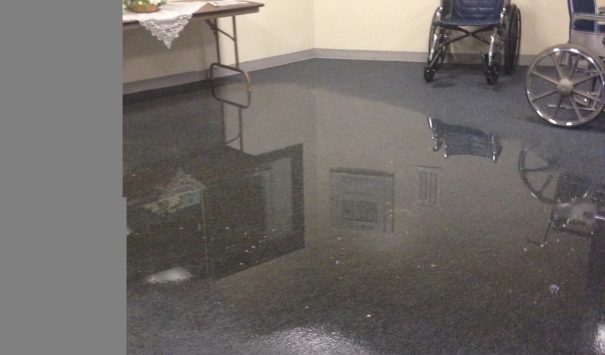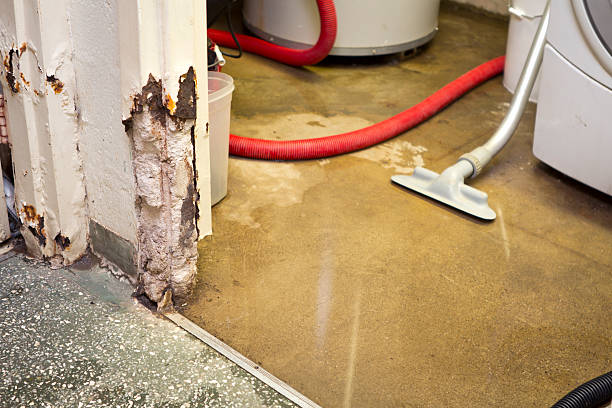Important Steps Homeowners Should Follow When Dealing with Broken Water Heaters
Important Steps Homeowners Should Follow When Dealing with Broken Water Heaters
Blog Article
This article down below relating to Water Heater Burst is incredibly entertaining. You should keep reading.

Whether it is situated in the cellar or a different space, busted water heating systems can create stress and anxiety. Having no hot water supply is additionally troublesome.
Call the Plumber
After doing the initial two safety steps, you need to call your plumber to come right away to fix a fractured water heater. There are usually signs that your aging water heating system has debris build-up in the interior.
Instead, as soon as you identify these signs, have an expert come to evaluate your water heating system container. Usually, water heating systems have a life expectancy of regarding 8 to 12 years.
Cut Off the Cold Water Supply
Cut off the tanks touch water supply from the resource. When your tank is in great problem, the cold water stops filling up when the tank is full. If you can not find it or reach it, you should turn off that main water supply line outside your residential property.
Shut Down Source Of Power
Before calling the plumber, closed off a gas water heater by transforming the temperature level dial. This will certainly prevent electrocution, particularly if there is a leakage as water is a conductor. Commonly, the heating element shuts off when the water strikes a details temperature level.
Tidy up Property
After calling the plumber, paper damages by taking notes and photos so you can declare your homeowner's insurance coverage. Get rid of any standing water to prevent mold as well as mold development. If you have a completely submersible water pump, utilize that to drain pipes the water.
Remember, if you see any kind of concerns with your water heater, call the pros right away. You can not take this issue gently since a damaged thermostat can raise water temp to a precariously high level, leading to unexpected burns.
After doing the very first 2 security actions, you must call your plumber to come right away to repair a burst water heater. Rather, as soon as you spot these indications, have a professional come to examine your water heater storage tank. Before calling the plumber, closed off a gas water heating unit by transforming the temperature level dial. If you have a submersible water pump, make use of that to drain pipes the water. Remember, if you see any type of concerns with your water heating unit, call the pros right away.
Is My Water Heater Broken?
The Water Heater is Old
No appliance will last forever. This includes a home’s water heater. During its lifespan, residents are going to face a situation where a new water heater installation will be necessary. The biggest problem with this is that most people are not sure when their water heater expires. Not knowing this can lead to serious risks if the unit begins to act up due to old age.
Most makes and models of water heaters will last between eight and 10 years. While 10 years is the age when water heater replacement is highly recommended, the need to replace the unit may occur before this time or after. If the unit doesn’t show any symptoms of a problem, it is a good idea to replace it at the 10-year mark (from the manufacture date).
Some of the symptoms that indicate a new unit is needed include rusting, leaks, noises, and a failure to heat up the water. Also, note that not all units have a 10-year life expectancy. The main exception to this rule is that a gas unit will last for six to eight years.
Rusty Heater Inlet Valve or Water
While steel is the strongest material on earth, it does have a weakness – rust. If corrosion occurs on a steel surface, it will begin to spread and eat through the steel in certain areas. On water tanks and pipes that are made of steel, rust is a warning sign of an impending leak.
The issue for many is trying to figure out if the rust is coming from the water heater or the pipes that lead to the faucet. If rust is seen, it is a clear indication that water heater service from the professionals is needed.
If rusty water appears out of the faucets in the bathtub or sink, it likely means a rusty water heater. If there is rust near the water inlet or the pressure relief valve, rust has likely developed inside the tank. If tap water appears rusty, it may be an issue with the pipes.
Strange Sounds from the Water Heater
Are there strange sounds coming from the tank? As a water heater gets older, rumbling noises may develop and get louder and louder as the water in the tank heats up. In homes where large amounts of hot water are used, the issue is likely going to be even more obvious when more serious issues arise. If there is a strange or loud noise coming from the unit, it is probably because of sediment buildup. A good way to remedy this problem is by flushing the heater. If this does not work, then a new unit may need to be installed.
Leaks
As a water heater gets closer to the end of its useful life, there is a higher chance there will be water around the tank. If there is water, this usually means leaks are occurring. Based on where the unit is located in the home, a leak may result in serious property damage.
Leaks are usually caused by expansions in the metal tank. The expansions occur as time passes and as the inside body of the tank is exposed to multiple heating cycles per day. When a fracture forms, the gap will be slight enough to hold the water in; however, in more serious situations, this will not be the case. If the tank is idle, the water will not leak but when the metal expands during each heating system, small amounts of water will get through the gap.

Do you enjoy reading about Maintaining & Draining a Water Heater? Try leaving a remark further down. We will be glad to find out your suggestions about this blog posting. Hoping that you visit us again in the near future. Enjoyed our article? Please share it. Let other people check it out. Many thanks for your time. Don't hesitate to pay a visit to our blog back soon.
Contact Us Report this page